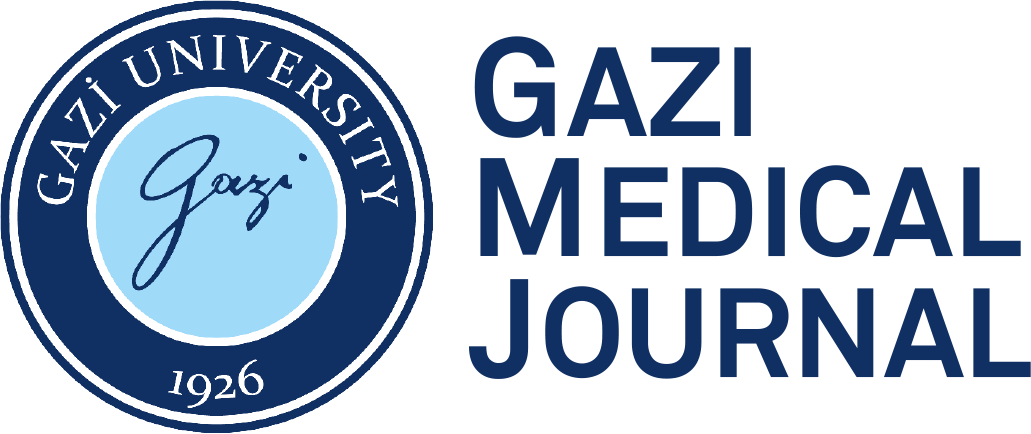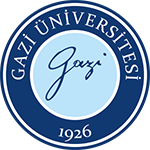ABSTRACT
Conclusion:
Students should be monitored continuously and regularly in terms of health outcomes.
Results:
Among the participants 42.2% were women and 60% are studying for the Medical Specialty Exam (MSE). Anxiety was found in 55.6% of the students and depression in 40%. The anxiety scale score averages of those using anxiolytic drugs were found to be significantly higher than those who did not (p = 0.011). The Beck Depression Scale mean scores of those who were prepared for TUS (p = 0.038), those who has more than 2 months for graduation (p = 0.044), those who used anxiolytic medication (p = 0.030) and those who used antidepressant medication (p = 0.046) was significantly higher than the rest of the sample.
Material and methods:
A cross sectional analysis has been conducted in which 45 final year students were selected. Of the 45, 45 students participated, yielding a response rate of 100%. Data were collected by Beck Anxiety Scale, Beck Depression Scale and a questionnaire consisting of sociodemographic features. SPSS 22.0 package program was used to analyze the data. The data was examined by using t-test, One way analysis of variance (ANOVA), Mann-Whitney U test and, Ki-kare, p <0.05 was considered as statistically significant.
Aim:
The purpose of this study is to examine, the relationship between of sociodemographic features, positive, negative emotions and risky behaviors of first year students in a medical faculty.



